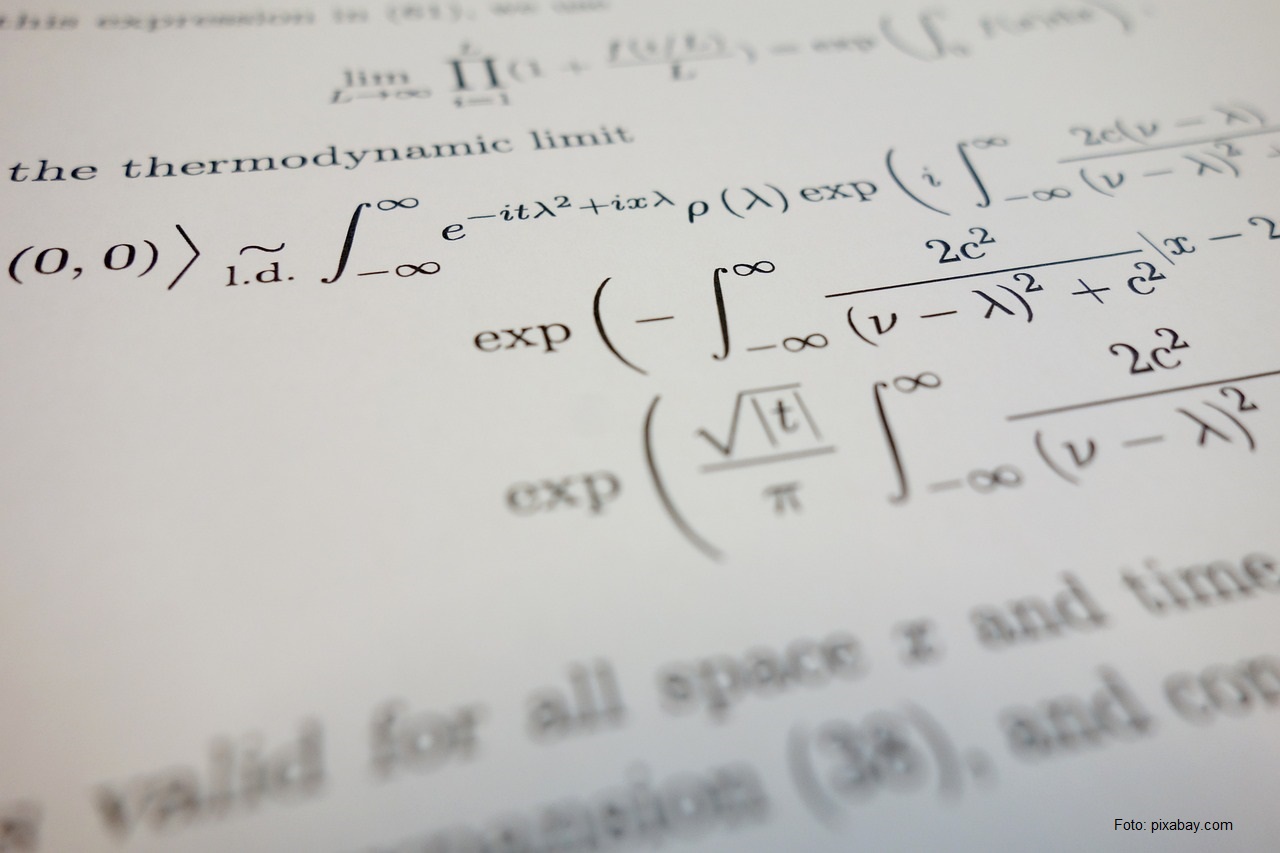The Jilava Massacre
In 1940, General Ion Antonescu and the Iron Guard seized power as the historic parties refused to form a governing coalition with the extreme right

Steliu Lambru, 07.12.2020, 13:16
In the autumn of 1940, with territories snatched along all of its borders, Romania was quickly sliding towards the extreme right. The corrupt and immoral regime instituted by King Carol II was waning. The Vienna Award of August 30, 1940, by which Germany and Italy had forced Romania to cede Northern Transylvania to Hungary, was the final blow for this regime. General Ion Antonescu and the Iron Guard were taking advantage of all the frustrations that Romanians had accumulated, and seized power as the historic parties refused to form a governing coalition with the extreme right. Even without its leaders that had gained them 15% of the vote in the 1937 elections, the Iron Guard and General Antonescus people grabbed power, proclaiming Romania was a National Legionnaire state.
The Iron Guard swiftly proceeded to punish the people that had eradicated its leadership in 1938. On the night of November 26th to the 27th 1940, 65 politicians, soldiers, and higher police officers of the kings apparatus were executed, after being imprisoned in Jilava prison on October 5th. 80 years have passed since then, and we reviewed the events along with historian Ioan Scurtu.
First the historian reviewed the political composition of the regimes that governed in the autumn of 1940, and the behavior of the dignitaries that fell victim to the Legionnaires.
“Any assassination is an act against democracy, against human rights, and freedom of expression, the more so as we are talking about political assassination. At the same time, the people killed at Jilava were people who subscribed to the authoritarian, anti-democratic regime installed by King Carol II on February 10, 1938. At that time, in November 1940, the people imprisoned at Jilava represented an authoritarian regime, not democracy. The fact that some of them, like Gheorghe Tatarescu, Mihai Ralea, and Constantin Argentoianu managed to avoid execution and went on to follow a democratic line, is immaterial. At that point in time they didnt represent democracy.”
Traditionally, historiography put the burned of the decline of the political climate on the Legionnaires exclusively. Attempts to take another look at that period were made, laying the blame on the so-called representatives of democracy as well, without absolving the Romanian Fascists, for the destruction of said democracy.
Here is historian Ioan Scurtu:
“This dramatic situation started with the assassination of Iron Guard leader Codreanu, along with 13 of his Legionnaires, who had killed PM I. G. Duca in 1933, and Mihai Stelescu in November 1938. On September 21, the Legionnaires assassinated PM Armand Calinescu, and then followed up with mass murder. State terrorism was put into action for the first time then, in September 1939. Over 200 Legionnaires were killed, most of them locked up in prisons and camps, defenseless. They were simply shot, while others of their ilk were nabbed from their beds in the middle of the night, taken from their families, and hung in public squares. While emphasizing and condemning the assassinations perpetrated by the Legionnaires, we have to recall that they themselves have suffered persecutions and assassination during the reign of Carol II.”
Among the 65 victims of the Jilava massacre of November 1940 were General Gheorghe Argesanu, former minister of defense, and former PM Victor Iamandi, as well as former police general and former justice minister Gabriel Marinescu, former head of Bucharest police and interior minister, General Ion Bengliu, head of the Romanian Gendarmes, Mihail Moruzov, head of army intelligence, and his deputy, Niky Stefanescu. Ioan Scurtu told us how the newfangled Legionnaire regime saw justice:
“The regime instituted by Antonescu and the Legionnaires was a regime that was hostile to the regime of King Carol II. As it often happens in history, the new regime seeks revenge against the old. Antonescu sent to prison the top dignitaries of the Carol II regime, who were to be prosecuted and sentenced in line with standing legislation. In charge of prosecutions was deputy PM Mihai Antonescu, a lawyer by training, who intended to prosecute with full legal representation for the defendants. The Legionnaires, however, did not accept this idea. They believed that a revolution had occurred on September 14, 1940, which had instituted a new regime, which trumped prosecution based on old laws that allowed for adjournments and loopholes. The people guilty of assassinations, especially Codreanus, had to be punished. It had to be revolutionary justice. This being the case, a team of Legionnaires went to Jilava prison and shot the people detained there. More were arrested and taken to Bucharest police headquarters, but they were saved by General Antonescu.”
The deaths of the 65 dignitaries was a textbook case of retaliatory justice. When abuse is the basis of justice, democratic justice ceases to be.






























